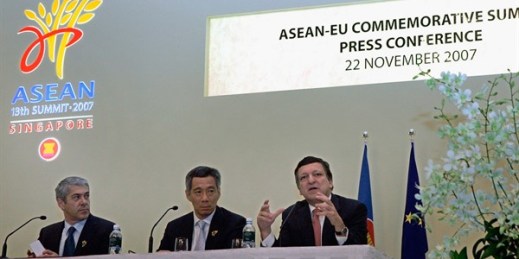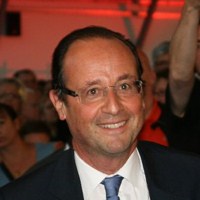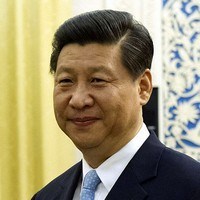
Editor’s note: The following article is one of 30 that we’ve selected from our archives to celebrate World Politics Review’s 15th anniversary. You can find the full collection here. One of the key differences between Western and Asian cultures is their view of time: Whereas history is linear and consequential as seen from the West, Chinese and other Asian cultures perceive time as being cyclical. In the latter view, the emerging Asian century is simply a natural phase within this recurring flow. As renowned economist Angus Maddison showed, China and India were the world’s largest economies for centuries. Only upon the […]






